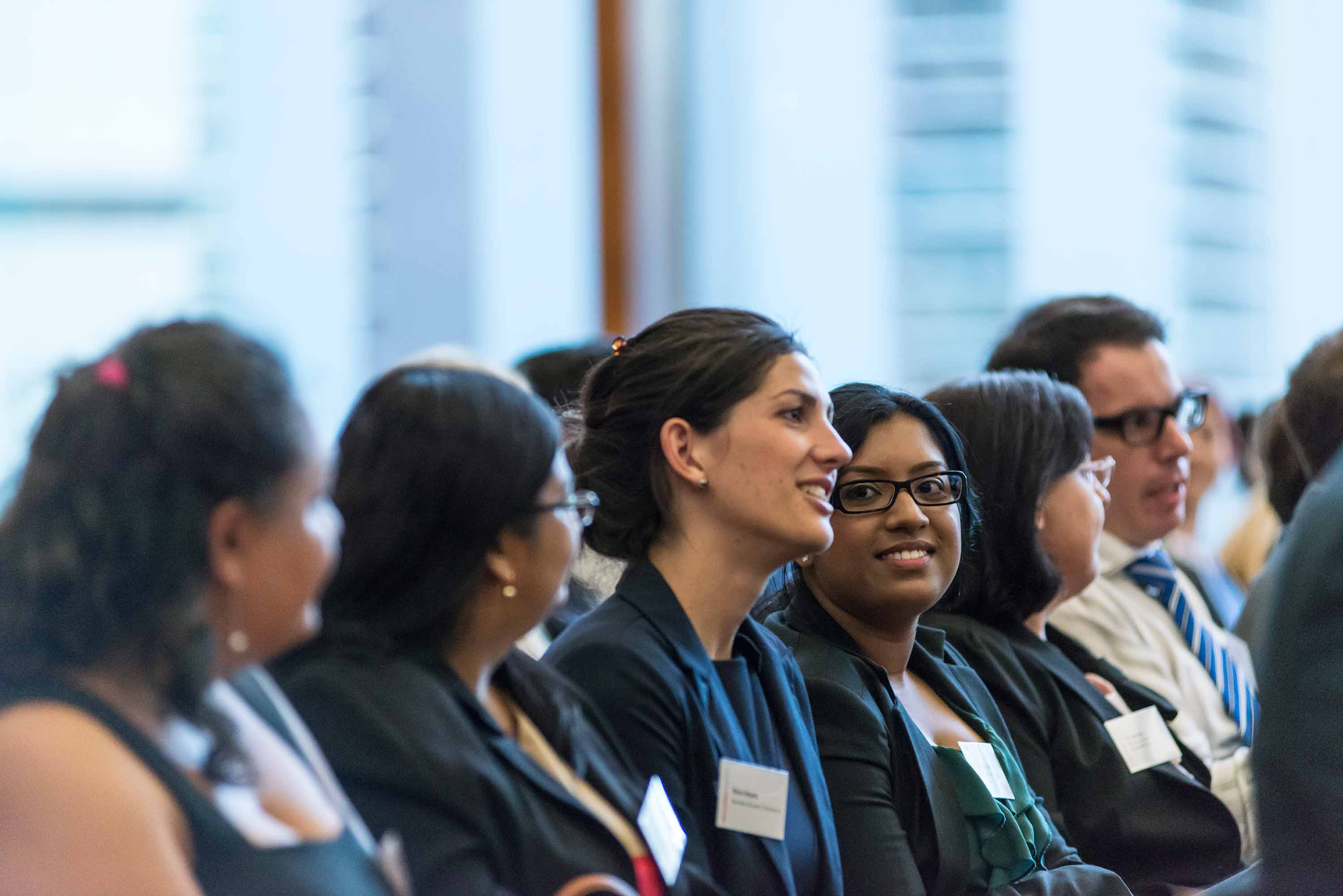
Principal speaker
Mara Olekalns
Abstract: Women who negotiate may improve their economic outcomes but this improvement comes with a social cost: they are perceived as more pushy, less likeable and less desirable work colleagues. Because these negative social outcomes are likely to spill over and erode economic outcomes in future negotiations, we need to better understand how women can simultaneously preserve their social capital and improve their economic outcomes.
I will present two experiments (with C. Kulik) that focus on the backlash effect, exploring how the presentation of competence and likeability information affects women’s perceived likeability. In both experiments, the presentation of this information affects likeability ratings in negotiations with women but not in negotiations with men. In this series of experiments, we show that (a) likeability is amplified if female negotiators’ competence (outstanding performance) is attributed to their team rather than to them personally and if they present likeability information before they present competence information; and (b) the impact of presenting competence information before likeability information is offset when the likeability is perceived as authentic rather as instrumental.
I will conclude by discussing how these differences in social capital affect female negotiators’ ability to accrue economic capital.
Speaker: Professor Olekalns’ research focuses on the relationships among negotiators’ cognition, their strategy choices, and their ability to create value. Her research has three broad streams. The first investigates how trust and first impressions shape negotiators' strategic decisions, including the use of deception. The second explores how the conditions which female negotiators can avoid the social and economic costs of initiating negotiations. The final research stream focuses on how negotiators respond to unexpected and adverse events in negotiation.
Her research on negotiation, ethics and trust has been published in scholarly journals and edited volumes. She is the co-editor of the Handbook of Research on Negotiation, and a co-author of Organisational Behavior Around the Asia-Pacific Rim.
Professor Olekalns is Fellow of the Academy of Social Sciences in Australia, a past president of the International Association for Conflict Management, Division Chair elect of the Academy of Management’s Conflict Management Division. She is a past editor of Negotiation and Conflict Management Research, and Division Editor for Group Decision and Negotiation, and on the Editorial Board of Human Communication Research.
Event categories
RSVP
RSVP on or before Friday 16 May 2014 , by email wow@griffith.edu.au , or by phone 07 3735 3714